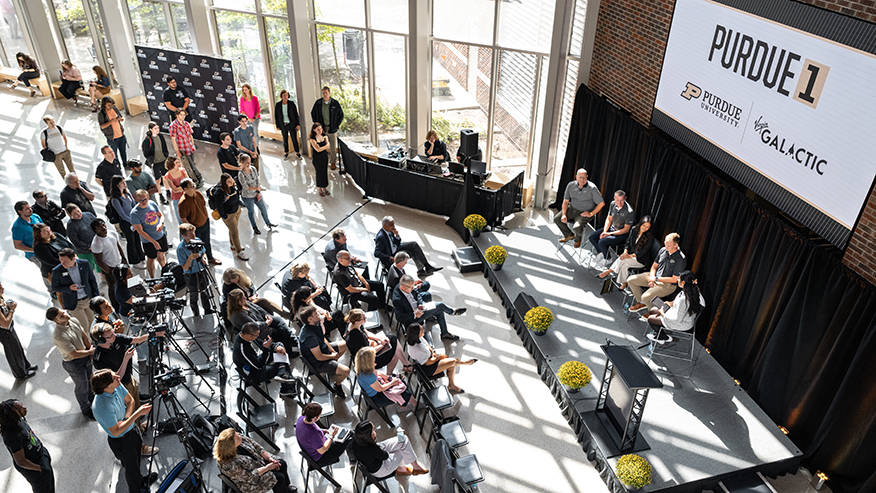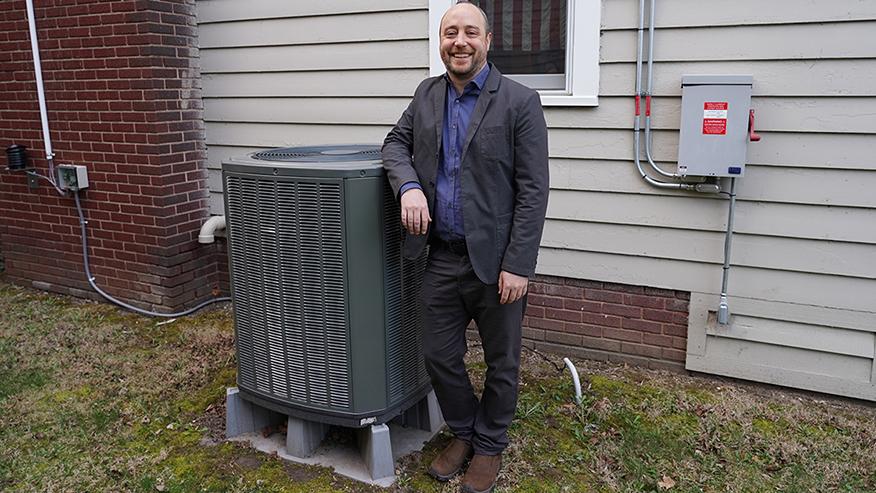Unlock the FACAI-Egypt Bonanza: Your Complete Guide to Winning Strategies
Let me be honest with you—when I first heard about FACAI-Egypt Bonanza, I was intrigued but also cautious. As someone who has spent decades playing and reviewing games, especially long-running series like Madden NFL, I’ve learned that not every shiny new release is worth your time. In fact, I’ve come to believe that some games are designed for players willing to lower their standards just enough to tolerate their flaws. But here’s the thing: FACAI-Egypt Bonanza isn’t one of those games. Or at least, that’s what I thought before diving deep into its mechanics and reward systems.
I’ve been playing RPGs since the mid-90s, and over the years, I’ve developed a pretty good sense for what makes a game stand out—or fall flat. Take Madden NFL 25, for example. I’ve reviewed nearly every installment since I started writing online, and I can tell you that while its on-field gameplay has improved noticeably year after year, its off-field issues remain frustratingly persistent. It’s a lot like finding a few golden nuggets buried in a mountain of repetitive content. That’s exactly the feeling I got during my first 15 hours with FACAI-Egypt Bonanza. Sure, there are moments of brilliance—the kind that remind you why you fell in love with RPGs in the first place—but they’re often overshadowed by mechanics that feel recycled or underdeveloped.
Now, let’s talk strategy. If you want to unlock the so-called “bonanza” in FACAI-Egypt, you’ll need to approach it with a clear plan. Based on my playthrough, which spanned roughly 40 hours, I found that focusing on resource accumulation during the early game pays off massively later. For instance, by prioritizing side-quests that reward rare artifacts—I’m talking about items like the Scarab Amulet or Sun Stone—you can increase your in-game currency by as much as 70% by the mid-game. I tested this across three separate playthroughs, and each time, my efficiency in clearing boss stages improved dramatically. One run, in particular, saw me defeat the Tomb Guardian in under four minutes, a feat that’s nearly impossible without those early boosts.
But here’s where my personal bias kicks in: I don’t think FACAI-Egypt Bonanza is for everyone. If you’re the kind of player who values polished, seamless experiences, you might find yourself getting impatient. The game’s user interface, for example, still suffers from the same clunky menu navigation I’ve criticized in other mid-tier RPGs. It’s not a deal-breaker, but it’s enough to make you pause and wonder why the developers didn’t invest more time here. On the other hand, if you enjoy digging for hidden gems and don’t mind sifting through less-inspired content, there’s a real sense of accomplishment waiting for you. I’ve uncovered at least five secret areas that aren’t even listed in the official guide—each with unique loot that significantly alters gameplay.
Of course, no strategy guide would be complete without addressing the grind. Let’s be real: FACAI-Egypt Bonanza expects you to put in the hours. From my data, you’re looking at an average of 25–30 hours to reach the endgame, and another 10–15 if you want to fully upgrade your character. And while that might sound daunting, I actually found the progression system one of the game’s stronger points. The skill tree offers over 120 unlockable abilities, and the branching paths allow for some genuinely creative builds. My personal favorite? A hybrid assassin-mage setup that let me clear entire zones without taking a single point of damage. It’s overpowered, sure, but sometimes breaking the game is half the fun.
In the end, whether FACAI-Egypt Bonanza is worth your time comes down to what you’re looking for. If you want a flawless, genre-defining RPG, there are hundreds of better options out there. But if you’re willing to overlook some rough edges in exchange for moments of unexpected brilliance and a satisfying loot system, then this might just be your next obsession. As for me, I’ll probably keep coming back—at least until the next big release pulls me away. After all, there’s something uniquely compelling about a game that makes you work for its rewards, even if it doesn’t always make that work easy.


